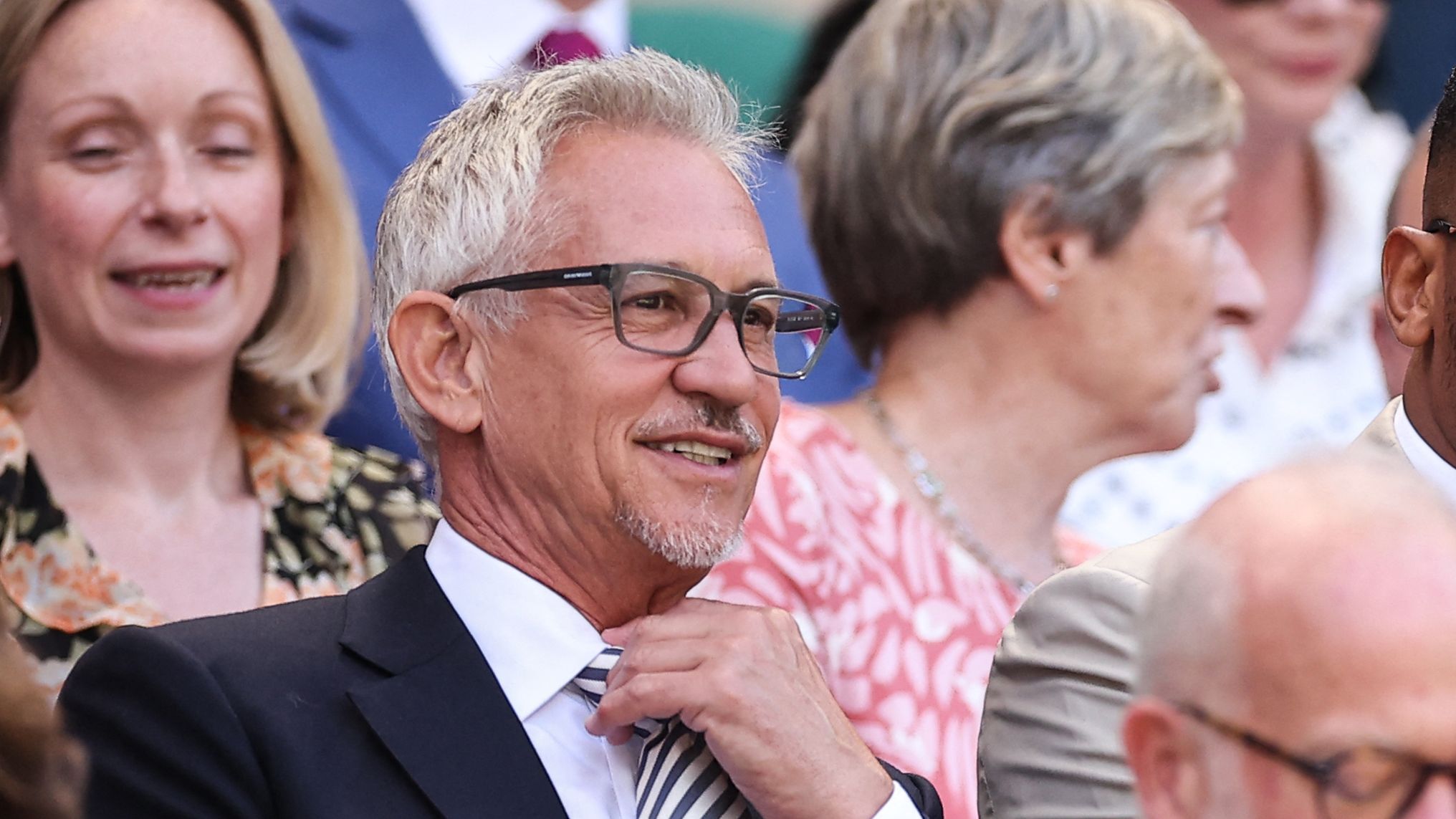Gary Lineker Blasts BBC ‘Decline’ After MOTD Departure
Gary Lineker fired a fresh broadside at his former employer this week, accusing the BBC of suffering a “visible decline” in sports coverage standards since his abrupt early exit from Match of the Day. The former England striker, who fronted the iconic highlights show for more than two decades, said the corporation has “lost its touch” when it comes to football storytelling and audience engagement.
Gary Lineker critiques BBC trajectory
Speaking on a popular football podcast, Gary Lineker argued that recent editorial decisions illustrate a worrying drift away from the bold, insightful programming that once defined the BBC’s sports department. “The BBC I joined believed in taking football seriously,” he said. “Now it too often feels like box-ticking and damage limitation.”
Surprise early departure from Match of the Day
Lineker’s relationship with the broadcaster frayed in March when a row over social-media guidelines spiralled into a weekend of on-air mutinies by pundits and commentators. Though the immediate crisis was resolved, tensions lingered behind the scenes. The 62-year-old eventually chose to cut short his most recent contract, walking away months before the 2023/24 Premier League campaign ended. “It wasn’t an impulsive decision,” Gary Lineker explained. “I sensed the atmosphere changing and preferred to leave on my own terms.”
A storied relationship unravels
For many fans, Lineker’s studio presence was synonymous with Saturday-night football. He joined the programme in 1999 after an impressive stint at BBC Radio 5 Live, transforming Match of the Day into must-watch television alongside colleagues Alan Shearer and Ian Wright. Industry insiders suggest that, despite healthy ratings, internal restructuring and budget cuts eroded the creative freedom that originally attracted heavy-hitting pundits. “The professionalism of the crew was never in doubt,” Lineker insisted, “but resources were shrinking year on year.”
Reaction across football community
Current and former players rallied behind Gary Lineker, praising his commitment to nuanced analysis and fans’ interests. “He made complicated tactical points feel accessible,” said ex-Liverpool midfielder Jamie Redknapp. Supporters on social media echoed those sentiments, lamenting what they perceive as a gradual dilution of the BBC’s football brand. Hashtags such as #BringBackLineker trended for several days after his comments aired.
Implications for Match of the Day future
The show’s producers face a delicate balancing act: preserving a familiar format while injecting fresh energy to stave off competition from Sky Sports, TNT Sports, and rapidly expanding YouTube channels. Rumours of new front-line presenters—ranging from Alex Scott to Jermaine Jenas—underscore how pivotal the role remains to the BBC’s public image. Yet critics question whether any single host can replicate the trust built by Gary Lineker over a generation.
BBC decline: a broader debate
Lineker’s remarks dovetail with wider concerns about the public broadcaster’s fortunes. Faced with licence-fee freezes and surging costs, the BBC has trimmed sports rights packages, losing flagship events such as Italy’s Serie A and live FA Cup matches. According to media analyst Claire Enders, “The corporation is caught between dwindling budgets and viewers who expect instant, multi-platform access.”
Challenges facing public broadcaster
Staff insiders cite three persistent hurdles: limited bidding power against deep-pocketed tech giants, stricter impartiality rules that restrict presenter personalities, and an aging terrestrial audience. Gary Lineker argues that the latter two issues, if unchecked, could alienate younger fans already flocking to TikTok highlights and in-depth podcasts.
Competition from digital platforms
Amazon Prime’s Premier League streams, Netflix’s sports documentaries, and independent fan channels now generate millions of views weekly. “The BBC must adapt or cede relevance,” Lineker warned, pointing to the rise of creators who offer raw match-day vlogs rather than polished studio segments. He believes that tapping into social media discourse—as opposed to policing it—can restore the broadcaster’s cultural cachet.
What next for Gary Lineker?
Asked about future plans, Gary Lineker hinted at multiple avenues. He remains an anchor of The Rest Is Football podcast and will front TNT Sports’ Champions League coverage until 2025. Industry chatter also links him to potential production ventures that blend football analysis with wider social commentary—areas where his online presence already thrives.
Potential media ventures
Sources close to the presenter suggest talks with streaming platforms about a documentary series exploring global grassroots football. There is also speculation that Lineker could collaborate with former teammate Glenn Hoddle on an AI-driven tactical show. “Football media is evolving fast,” Lineker said. “I want to be part of formats that embrace innovation rather than fear it.”
Continued advocacy on social issues
Never shy of voicing political views, Lineker reaffirmed his commitment to humanitarian causes. He has already partnered with several refugee charities and signalled intent to use his profile for responsible activism. “My stance on social justice won’t change because I left a studio,” he noted.
Gary Lineker and BBC decline: final thoughts
Whether you cheer Lineker or question his outspokenness, his criticisms highlight a crossroad moment for the BBC. Maintaining prestige in an on-demand era requires reinvestment, flexibility, and perhaps a willingness to let presenters showcase individuality without fear of backlash.
Opinion: Gary Lineker’s swipe at the BBC feels less like bitterness and more like a wake-up call. If the corporation fails to modernise—both in tone and technology—it risks losing not just marquee names but an entire generation of football fans.
Your global gateway to nonstop football coverage:
News Goal
Share this content:

